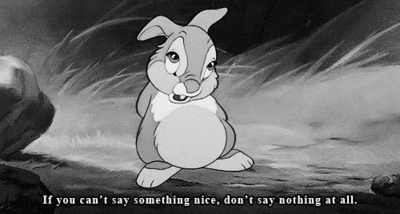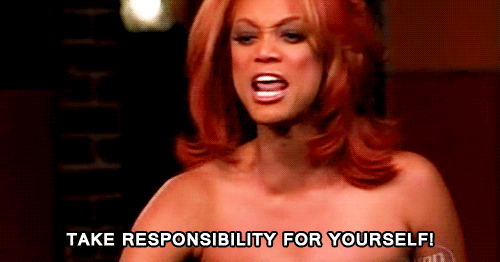The National Institute for Civil Discourse has a message for the 20 Democratic presidential candidates who will participate in debates on Wednesday and Thursday nights: Remember first grade.
In other words, don't poke your neighbor, wait your turn, and if you can't say something nice, don't say anything.
Seriously, the institute, which studies and promotes civility in political debate is reminding candidates of standards it developed in 2015 in advance of the last presidential election season.
They say that politicians living up to basic standards of civility, especially when they're on national television, is essential if the angry tribal nature of America discourse is ever going to ease. "Zingers and insults might get headlines, but it's leading to a culture of candidates who stand out by throwing punches and amplifying the polarization of our politics," said Keith Allred, the institute's executive director.
The guidelines for the candidates are:
- Be respectful of others in speech and behavior.
- Answer the question being asked by the moderator.
- Make ideas and feelings known without disrespecting others.
- Take responsibility for past and present behavior, speech and actions.
- Stand against incivility when faced with it.
The institute also developed guidelines for the moderators of the debates. (NBC and MSNBC are providing the ones for these debates.) They are:
- Address uncivil behavior by naming it and moderating the conversation to move toward more respectful dialogue.
- Enforce debate rules equally.
- Hold candidates accountable by challenging each candidate to speak the truth and act with integrity.
- Treat all candidates equally in regard to the complexity of questions and debate rules.
- Be respectful when interacting with candidates.
























Trump & Hegseth gave Mark Kelly a huge 2028 gift